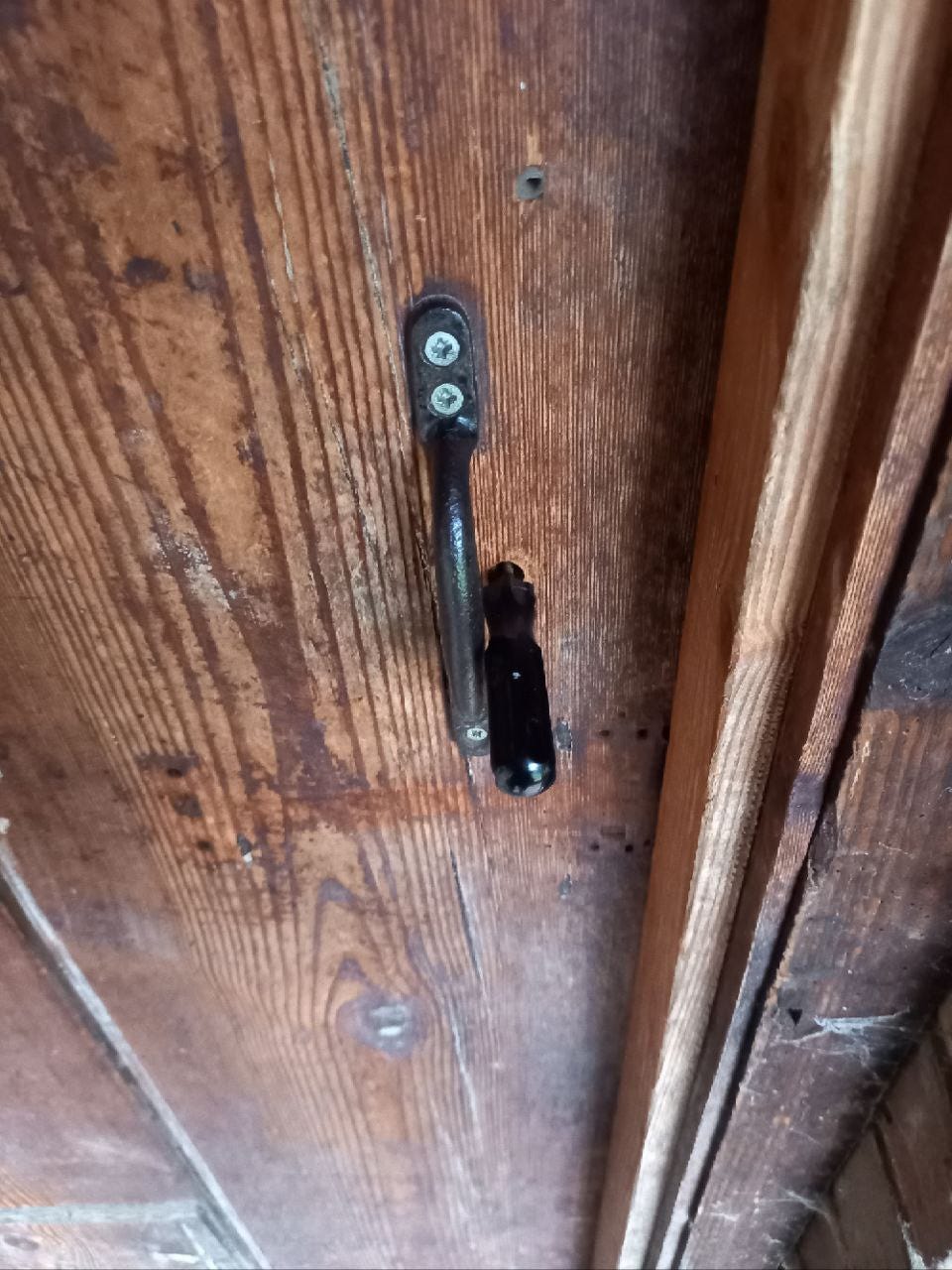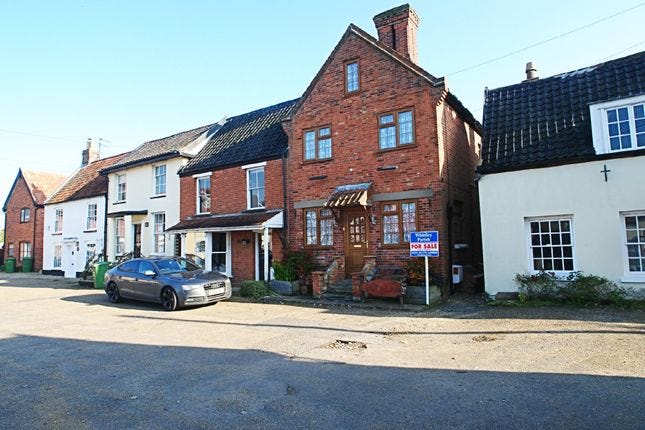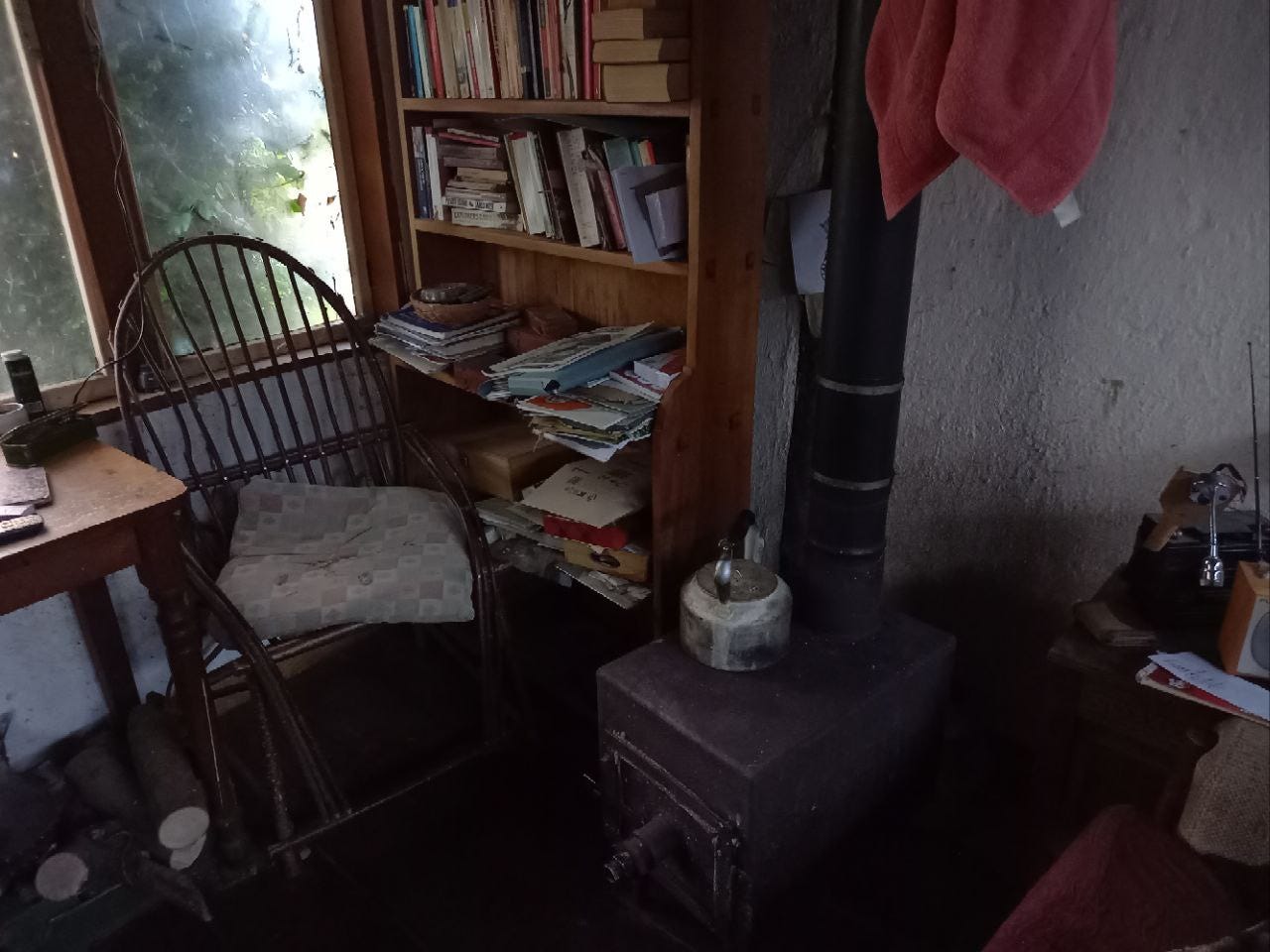These are my people: men and women who use their hands to craft things, who dig the soil and laugh, who wipe their grandchildren’s bottoms, who chop wood, who read books. People who bake bread and sew quilts, people who leave their doors unlocked, who collect eggs from their hens, smile and sometimes take mind expanding drugs. People who breathe in country air, who open their arms, who hug me and say “we want you”. These are my people.
I was fortunate enough to bump into a very, very old childhood friend in September. We’d not clapped eyes on each other since goodness knows when. That face, I thought as she walked past me, I know that face. I turned and called her name. She looked up and saw me. We played guessing games and recalled our shared past like it was only yesterday. We smiled delightedly at one another as we held onto each other’s arms.
This timeless place. Our old home. Once filled with an assortment of kids, my family, estranged mums and dads, Kitty the cat. There was a back yard, a tin bath, a stable for the goat. Mum rented the butcher’s field. This is where we kept our New Forest pony, Bracken.
The sign outside remains, Inshallah, now attached to our old hitching rail. Once a hairdresser’s shop, Mum converted it into a family home which she filled with friends. The villagers thought it was a commune. It might as well have been. I slept in the attic with my head against a water tank covered in old quilts. Rats under the floorboards scratched and nibbled at my slipper-socks.
Me and the other children dressed up as princesses and page boys. We played dead lions, ate beans on toast together. I chopped kindling in the cellar. We had a chest freezer where we froze gluts of our goat’s milk. One of my brothers played punk riffs on an electric guitar in his tiny bedroom. Other brother hid from the ‘straights’ at the local state boarding school. We all bought penny sweets at the village shop. We spent our pocket money on dried apple rings from Nuts and Raisins.
Mum used to get fed up with the heads and hippies we knew, who came into the village to do their shopping. They’d show up in our alleyway, poke their heads through our kitchen door,
‘Can I use your loo?’ they’d say.
She boiled my sister’s cloth nappies in the old Victorian wood fired boiler at the back of the kitchen. She lit twists of silver birch as incense, she dried coltsfoot and mullein for cough medicine over our homemade wood-burning stove,
‘I used to think your mum was a witch.’ Eldest brother’s girlfriend once said.
My new old friend drives me to her dad’s. We pull into his orchard as the afternoon winter light begins to dim. There he is, smiling and tall. A year older than Mum would have been, if she were still alive. I remember him. I hug his lofty, slender frame. I am so happy to see him. He seems delighted to see me. I catch a whiff of woodsmoke. His stove is lit. We duck through his wooden door and sit around the stove in his simple homemade shack. We eat homemade bread, homegrown salad and squash; we begin our rememberings. I ask questions and start joining the dots. He and his family were refugees from war torn South Africa. They had nothing. He set up home in the south of England, then saw an ad in Practical Self Sufficiency. Mum was looking for lodgers…
As dusk falls we wrap up our conversations. I write down his address and we say our goodbyes. We promise to keep in touch. We drive down grey ribboned roads through flat fields lined with the silhouettes of tall broad trees. We pull into her place. I feel emotional as I step into her world. This was a world I once knew. A world I left. A world Mum turned her back on. I feel nostalgic and lonely for the past.
We sit by her fire, I meet her husband and one of their sons. Then we go next door to see her Mum and stepdad. I am so happy to see them! We hug and look at each other. It’s been so long. Their house is warm, clay and wood.
There are grandchildren on roller-skates, the stove is lit, bread has been baked. I feel I am home. I feel I’ve never been away. I feel warm. I am in the bosom of something so old and familiar to me. We are not far from Shrubb Farm, the commune where I was born. We talk and talk and talk. We laugh. We eat. We get sleepy.
I bed down in their apple room. I am smiling. I know this will be a peaceful night. I miss my own family. I will be going home soon. I wish it wasn’t so far away. I want to be here forever but I want to be with my family. I feel panicky in the early hours. I read, then fall asleep again.
In the morning I push open the home quilted curtains and spy the green flat broad arable fields beyond the track. I feel grounded but cast adrift. I get up and use the loo which I flush with a chain made from an old leather belt. There is a framed photo in the apple room of my friend’s brother with a Saanen goat, some apples from their tree are lined up in a box on the shelf. On the floor is ride-on toy tractor.
After breakfast we talk about when Mum, an elderly Quaker lady and my friend’s stepdad all went to prison for cutting the perimeter fence at RAF Sculthorpe. This was in 1985, during the depths of the Cold War; the year before the Chernobyl disaster.
‘I thought it was Molesworth?’ I say,
‘Well you thought wrong. It was RAF Sculthorpe. It’s an airbase near Fakenham. We wanted the Americans there gone, that’s why we cut the fence.’
We laugh as my friend’s stepdad tells me how the policemen at Diss station reacted when he, my Mum and the Quaker lady turned themselves in.
Roit, what have we got here then? What have you hippies done now? the plod on duty had said, eyeing them with a wry smile before licking his pencil and taking out his notebook.
After the court case, they were given ten to twelve day sentences.
‘It worked. The Americans did go home.’
My friend’s stepdad smiles at me as we sip coffee together. He goes on to tell me about the time I got lost at a national anti nuclear demonstration. We were in Hyde park. I was eleven. Somehow I vanished,
‘There were over a million protestors. God knows how we found you.’
I wrack my brains, trying to remember,
‘Was Mum very angry?’ I say,
‘Yes! We couldn’t believe how angry she was.’
‘I do remember the squirrels at Hyde park...’ I offer,
‘That must be how you got lost.’
‘She gave you a serious tongue lashing’ quips in my friend’s lovely mum,
‘Did I cry?’
‘No.’ they say, ‘You looked very downcast.’
Map from: Cold-War-Brecks-Report.pdf
When I get back to my flat, I look Sculthorpe up. I find a retrospective article in the Eastern Daily Press dated 2007,
A BBC radio investigation uncovered classified reports that seem to show that the former American airbase at RAF Sculthorpe was one of 12 UK sites lined up to house US nuclear missiles in the 1980s.
During the Cold War, Sculthorpe had 10,000 personnel and became the biggest atomic bomber base in Europe...
I think about the current rumours of plans to bring American nukes to Lakenheath, in neighbouring Suffolk. Many people fail to realise that the UK is still occupied by American forces. Despite being called an RAF station, Lakenheath is run by the United States Air Force. I learn that it has the largest deployment of USAF personnel in Britain.









This piece made me shed a tear and I'm not quite sure why. I feel the same when I return to Ireland, it feels like my land and my people but there is something missing and I haven't quite worked out what it is. Keep writing Nancy.
I LOVED reading this Nancy... I can picture it all and your turn of phrase is brilliant. Such a story! Matt showed me how to do the substack thing... I can't wait to read more.